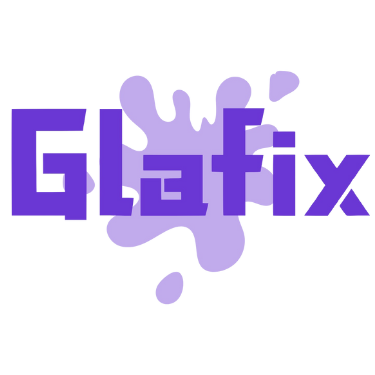OCR Endpoint
Extract clean text from image URLs — fast, simple, and free to use.
Overview
The OCR endpoint wraps a slim Tesseract 5 CLI.
Provide public image URLs; receive an array of { url, text } objects. No keys, no persistent storage.
Key Features
- JPEG & PNG up to 5 MB
- Auto‑unwraps Google‑Images redirect links
- Batch up to 10 images per request
notefield when no text is detected
How it Works
- Stream the image from its URL.
- Convert to lossless PNG in memory.
- Run Tesseract (page‑seg‑mode 6).
- Trim whitespace and return UTF‑8 text.
Endpoint
| Method | Path | Description |
|---|---|---|
| POST | /api/v1/jsonsheet/ocr | Returns plain text for every image URL |
Request Payload
Content‑Type: application/json
{
"urls": [
"https://cdn.example.com/banner.jpg",
"https://i.imgur.com/quote.png"
]
}Rules
- Max 10 URLs per call.
- Accepted:
.jpg,.jpeg,.png. - 5 MB hard limit per image.
Typical Response
{
"results": [
{
"url": "https://cdn.example.com/banner.jpg",
"text": "Coffee is always a good idea"
},
{
"url": "https://i.imgur.com/quote.png",
"text": null,
"note": "No text found. Ensure image has readable characters."
}
]
}Error Responses
| Status | Message | Reason / Fix |
|---|---|---|
| 400 | Invalid body | urls must be a non‑empty HTTPS array |
| 413 | Image too large | Reduce file below 5 MB |
| 429 | Too Many Requests | Rate‑limit exceeded – wait ≤ 60 s |
| 500 | Tesseract error | Corrupted or unsupported image |
Quick‑Start Snippets
Shell (cURL)
curl -X POST https://api.jsonsheet.com/api/v1/jsonsheet/ocr \
-H "Content-Type: application/json" \
-d '{"urls":["https://i.imgur.com/hello.png"]}'JavaScript (Fetch)
await fetch("https://api.jsonsheet.com/api/v1/jsonsheet/ocr", {
method: "POST",
headers: {"Content-Type":"application/json"},
body: JSON.stringify({ urls: [imgUrl] })
}).then(r => r.json()).then(console.log);Python
import requests, json, pprint
payload = {"urls": ["https://i.imgur.com/hello.png"]}
r = requests.post(
"https://api.jsonsheet.com/api/v1/jsonsheet/ocr",
json=payload, timeout=30)
pprint.pprint(r.json())C#
var body = new StringContent(
JsonSerializer.Serialize(new { urls = new[] { imgUrl } }),
Encoding.UTF8, "application/json");
using var hc = new HttpClient();
var resp = await hc.PostAsync(
"https://api.jsonsheet.com/api/v1/jsonsheet/ocr", body);
Console.WriteLine(await resp.Content.ReadAsStringAsync());Go
payload := map[string][]string{"urls": {imgURL}}
buf, _ := json.Marshal(payload)
req, _ := http.NewRequest("POST",
"https://api.jsonsheet.com/api/v1/jsonsheet/ocr",
bytes.NewReader(buf))
req.Header.Set("Content-Type", "application/json")
resp, _ := http.DefaultClient.Do(req)Rate Limits
- 50 requests / minute
- 2 000 requests / day
FAQ
- Do I need an API key? Nope. The OCR endpoint is completely open and stateless just POST your image URLs.
- Is my picture stored? Never. Each image is streamed, processed in memory, then discarded. Nothing is written to disk except a short‑lived temp file and that is deleted before the response is sent.
- What languages are recognised? Currently English. Additional
.traineddatafiles (Spanish, French, German, Sinhala, Tamil) are on the roadmap and will roll out without breaking changes. - Hand‑written notes? Basic handwriting works sometimes but accuracy is low. For production‑grade handwriting recognition consider a specialised model such as Azure Cognitive Vision or Google Vision.
- Can I OCR PDFs? Not yet. Multi‑page PDF → text is planned for Q3 2025.
